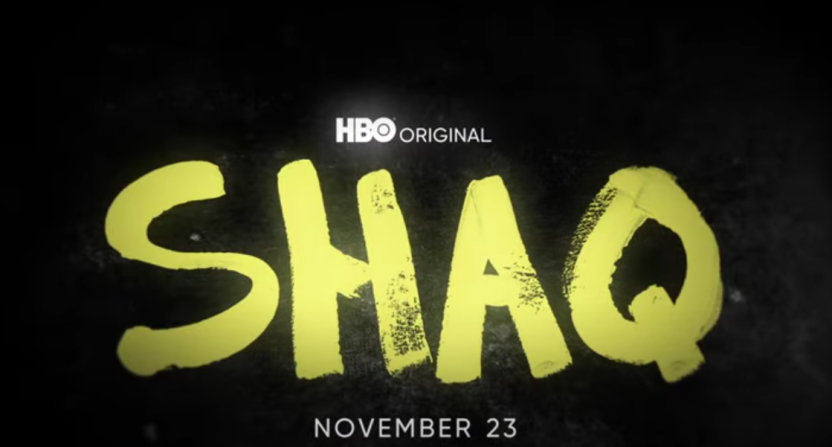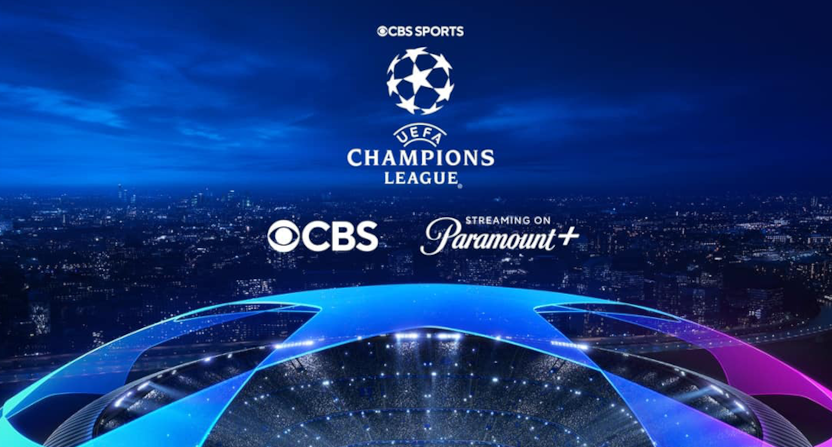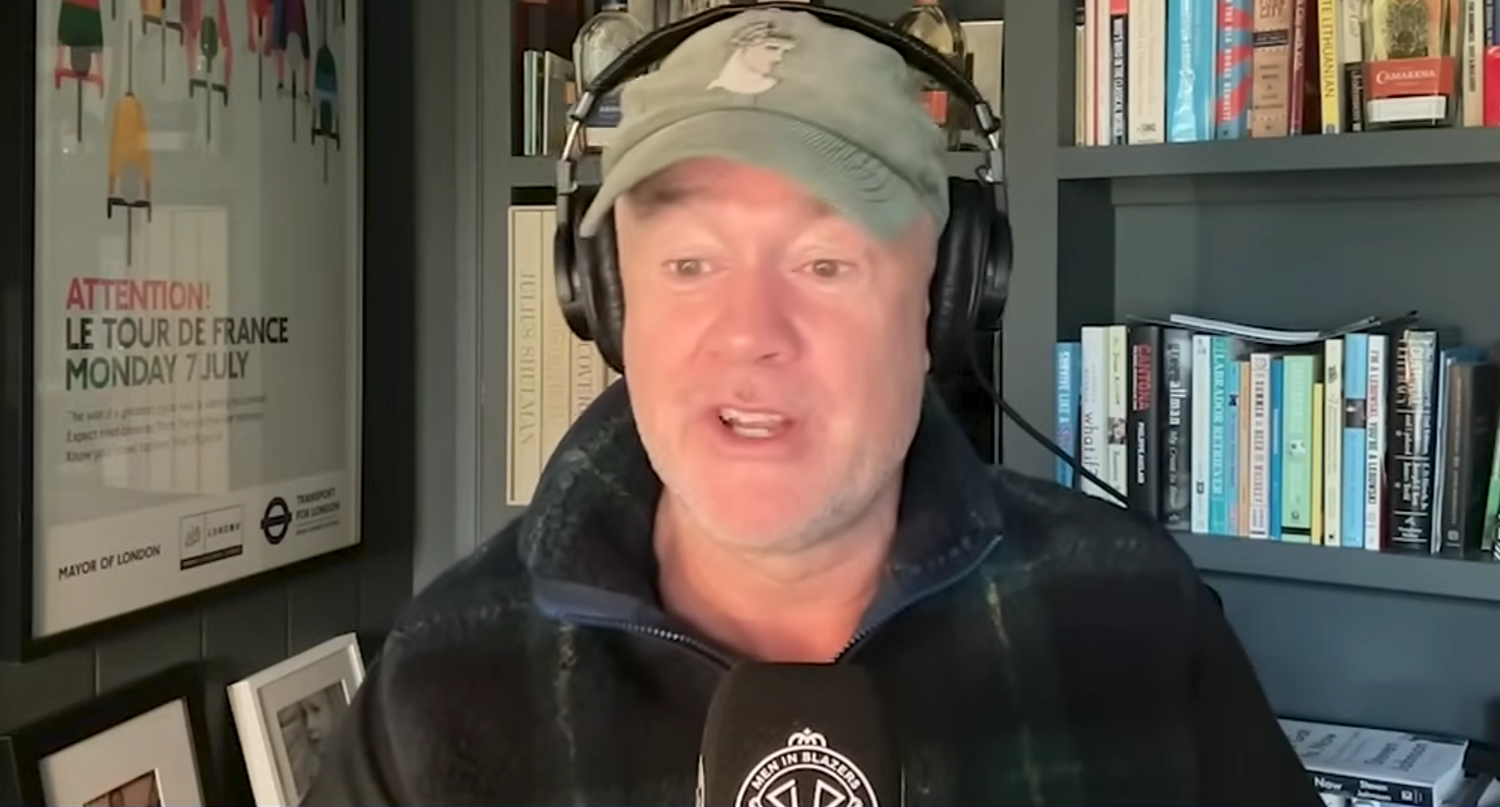Shaquille O’Neal is larger than life. So massive figuratively and literally that it’s hard to comprehend what it’s like being him. A giant on the basketball court who has transitioned to being a giant off the court. There has never been anyone like him and there never will be.
Wilt Chamberlain once opined “nobody roots for Goliath.” However, O’Neal was not only among the greatest centers in NBA history, but he was also the most likable. So comfortable in his 7-foot-1, 300-plus pound frame that he has always come across like the biggest big kid.
HBO’s four-part documentary series SHAQ aims to give an honest look at one of the most recognized and important figures in sports. But it’s fairly clear from the start that this is mostly O’Neal’s version of the truth.
That’s not necessarily a knock because some heartfelt moments resonate. However, you also get the sense that O’Neal is never challenged, especially about his own accountability for what happened at the end of his stops with the Orlando Magic, the Los Angeles Lakers, and the Miami Heat.
https://www.youtube.com/watch?v=ph3h7CLAvtE&ab_channel=HBO
O’Neal had a Hall of Fame career, winning four NBA championships. He became a cultural icon with a global presence. But behind his smile, he could also be prickly, moody, and sensitive. In SHAQ, O’Neal often rationalizes his behavior seemingly without ever taking stock of his shortcomings. You would think he would display more regret when discussing topics such as his falling out with the late Kobe Bryant.
Perhaps Superman didn’t want to show too much vulnerability.
The narrative that O’Neal does push is that he had clear, determined goals from a young age. That’s not surprising because too many people assume that the 7-footer simply won the genetic lottery. Give him credit. Several physically gifted athletes don’t live up to the hype. Just look back at past drafts. Many people don’t realize the kind of discipline it took for O’Neal to get where he is today. He retired in 2011 but remains relevant.
O’Neal loves being the center of attention. So, SHAQ suits him perfectly. He delights in talking about how the film The Fish That Saved Pittsburgh changed his life and how after seeing Julius Erving at Madison Square Garden, he knew he wanted to be a pro basketball player. However, the most interesting storytellers are not O’Neal, but his mother Lucille O’Neal, his former coach Pat Riley and some of his former teammates like Dennis Scott and Penny Hardaway.
One of the best stories is about how O’Neal and Riley almost got into a physical altercation. Riley is so detailed and matter-of-fact that the tale is kind of funny. Confrontations between coaches and players aren’t unusual, but if two of the biggest names in the history of the NBA ever got into a fistfight, that would have been a major story.
SHAQ, directed by Robert Alexander, saves the best for last. In the final minutes of the final episode, O’Neal mentions that he has had trouble sleeping since the deaths of Bryant and O’Neal’s own sister Ayesha Harrison-Jex (who died of cancer in December 2020). The raw emotions of the grieving process are on full display. O’Neal expresses regret over not reaching out more to Bryant right before the fatal helicopter accident in January 2020.
The two are forever tied by winning three NBA championships in a row. While O’Neal won a title without Bryant in Miami and Bryant won two in Los Angeles without O’Neal, the sports world will always wonder how many more they could have won for the Lakers if they stayed together.
In SHAQ, O’Neal doesn’t dwell too much on hypotheticals. He seems to have a fulfilling life as a broadcaster, businessman, and DJ. O’Neal shows us a lot in this documentary, but you get the feeling that he could have revealed more.
SHAQ premieres Nov. 23 at 9 p.m. ET/PT on HBO and will also be available to stream on HBO Max. New episodes will air on subsequent Wednesdays.





